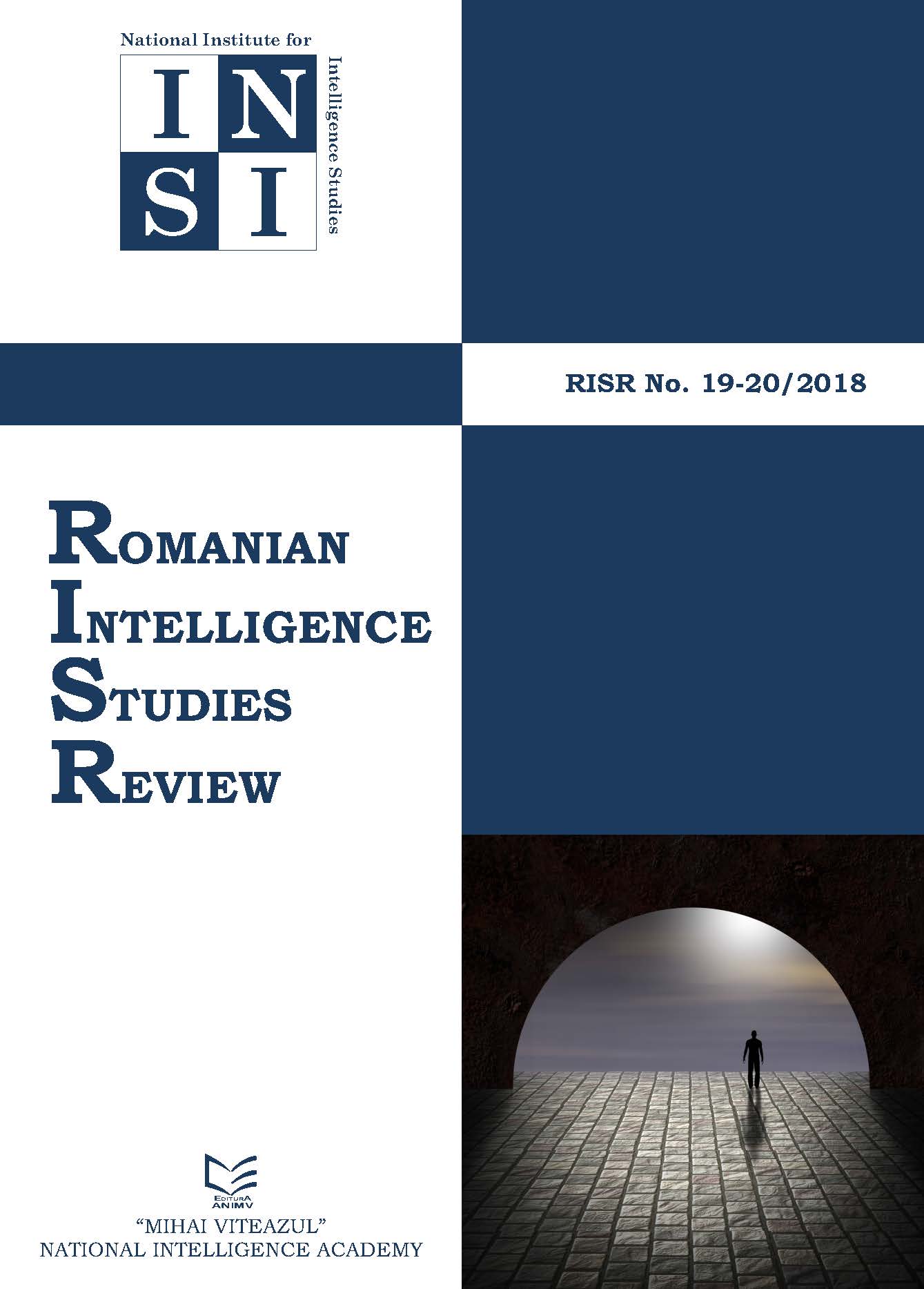ESTONIA CYBER-ATTACKS AND THE IMPACT ON NATO
ESTONIA CYBER-ATTACKS AND THE IMPACT ON NATO
Author(s): Alexandra Elena TimofteSubject(s): Security and defense
Published by: National Institute for Intelligence Studies
Keywords: Cyber-attack; cyber defense; non-conventional means; nonconventional threat; terrorist attack;
Summary/Abstract: Out of all the industrial or technological revolutions that ever occurred throughout the history the latest one marked all the components of human life. But development comes with diversification of vulnerabilities and threats. Thus, the providers of security are forced to have the proper response facing all kind of threats, conventional and non-conventional (hybrid threats) starting with the military dimension to the digital or cyber space. 9/11 and the cyber-attack against Estonia were both conducted through nonconventional means, they were both affecting the civil population and not only the government or the politicians, both were aiming to weaken the national security of the countries targeted. But what impact did these two events have on NATO? How was each perceived at the level of the Alliance and what was their outcome? A terrorist attack is producing way much greater impact upon the public compared to a cyber-attack which can hardly cause such major visual effect. However, the latter, in the context of the fast digitalization of the present days, can seriously damage the government services and decrease peoples trust. In this realm a real and comprehensive response to the new threats is required, not only from the states as sovereign entities but also from the organization at the international level.
Journal: Romanian Intelligence Studies Review
- Issue Year: 2018
- Issue No: 19-20
- Page Range: 107-124
- Page Count: 17
- Language: English

